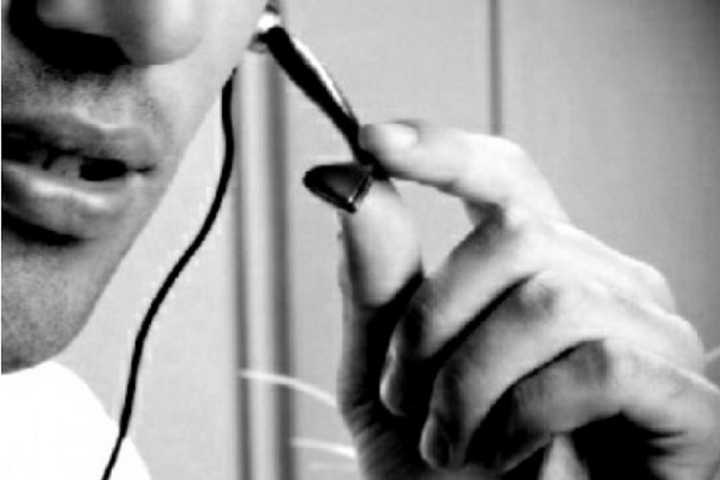Others haven’t been so fortunate, each losing thousands of dollars to scammers. But he was sharp enough to not become a victim.
After an online interview, the purported job candidate was offered employment and sent various documents and a cashier’s check via FedEx, Police Chief Dean Ackermann said Monday.
The check was supposed to pay for equipment that the man supposedly needed for the position, the chief said.
If he’d cashed the check, the targeted victim would have had to cover the full $2,650 -- and could have been taken for even more.
But he noticed that it was drawn on the account of a company not associated with the job offer and stopped the scam before it could start, Ackermann said.
Calling the original company’s HR department, the purported new hire discovered that there hadn’t been a job offer, after all, the chief said.
He wasn’t the only one.
“They have been recently receiving numerous phone calls regarding employment offers they had not made,” Ackermann said the representative told him.
You’d think that cashier’s checks are safe, which is why they are often used in scams.
They aren’t always.
What ordinarily happens: The scammer sends what looks like a legitimate cashier’s check to the targeted victim for more than is asked for or needed.
The scammer then says to return the difference, often via a wire transfer or Western Union.
Those who comply don't only lose the “difference” – they also have to cover the remaining amount of the check.
This can leave them with a negative balance, causing other checks to bounce.
Scammers also sometimes send the exact amount but then say there are other costs that need to be paid with cash or gift cards. Once again, victims lose out.
Guess what the scam cashier check amounts usually are? $2,000 to $3,000.
Authorities urge people to never accept cashier’s checks from strangers – especially those who are willing to send money without doing a background check on you. Always know exactly whom you’re dealing with.
(And never, ever give out any banking or credit card information.)
If you can’t help continuing, contact the bank that supposedly issued the cashier’s check, either in person or over the phone, and provide the routing number. They can then tell you that it’s bogus.
Be prepared for the worse if you conduct business online or over the phone with strangers, authorities warn. Better yet, they say, just don’t do it.
Click here to follow Daily Voice Paramus and receive free news updates.
